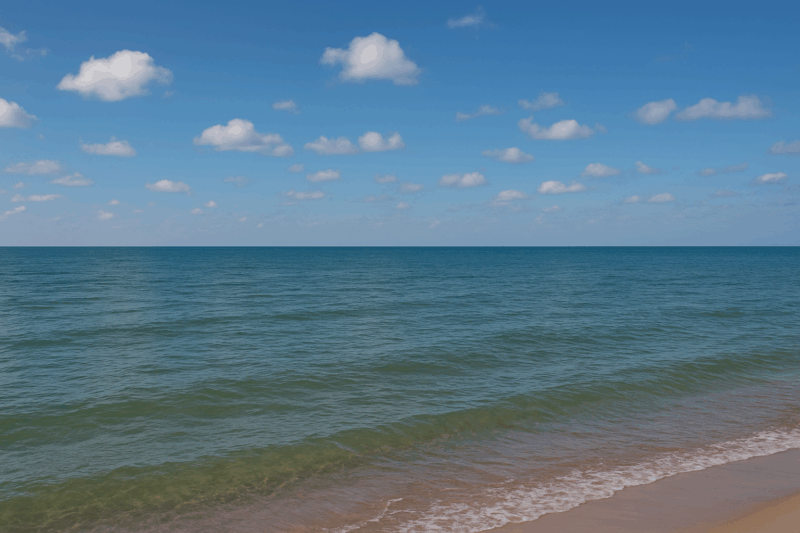Support CleanTechnica’s work through a Substack subscription or on Stripe.
The European Investment Bank (EIB) has signed a €500 million green loan to Iberdrola with backing from the Spanish export credit agency, Cesce. Iberdrola is the largest electric utility in Europe, employing over 45,000 people.
The Windanker offshore wind farm will have 315 MW of capacity when completed. It is currently under construction in the German Baltic Sea. With adequate wind, it will generate enough renewable electricity for about 600,000 people every year, according to Iberdrola estimates.
“EIB’s €500 million financing for Windanker helps bring cutting-edge wind power technology to the Baltic Sea for the benefit of German consumers and local economies. The green electricity generated by the project will also take us closer towards securing Europe’s independence from fossil fuel imports,” explained EIB Director General of Financing and Advisory Operations within the European Union Jean-Christophe Laloux.
The new wind farm will use 21 Siemens Gamesa SG 14-236 DD turbines, each up to 15 MW. Turbine installation will begin in 2026 with full commissioning expected by the end of the same year.
The construction phase will result in about 2,200 person-years of employment. Up to 160 skilled permanent jobs will be needed for ongoing operations.
The new wind power farm will reduce carbon emissions by an estimated 672,000 tons CO2 annually, and help Germany to attempt to reach 80% renewable share in electricity by 2030.
While offshore wind has great potential, onshore wind power is a central part of Germany’s renewable generation. “Irrespective of the many challenges faced by turbine construction in recent years, onshore wind power has been Germany’s single most important electricity source since 2019.”
“In 2024, onshore turbines contributed 23 percent to gross electricity generation with an output of about 114 terawatt hours (TWh). The overall share of renewable power reached a record high of 57.6 percent. During the particularly windy year 2020, power consumption stayed low for many months due to the coronavirus pandemic, making it the first time in the country’s history when renewables overtook fossil fuels in total electricity production.”
Some people complain that wind power turbines are unsightly, so I wondered how far offshore Windanker will be — it turns out, after some Googling, about 23 miles. It will be located near two wind farms that are already operating.
The Baltic Sea apparently has a huge wind power potential rated at about 93 GW, according to the Iberdrola website. “The Baltic Sea holds an incredible potential of 93,000 MW for offshore wind in Europe. Alongside Germany, several countries, such as Poland, Sweden and Estonia are exploring new opportunities for offshore wind developments.”
While the price tag for large wind power farms might seem high, importing fossil fuels from 0utside Europe is really costly. “Between 2021 and 2024, when energy prices spiked in the wake of the pandemic and Russian full-scale invasion of Ukraine, Europe’s fossil-fuel import bill increased by €930bn, a report by the think tank Ember published on Thursday (16 October) found. Overall, the total costs of Europe’s fossil-fuel imports during these three years amounted to €1.8 trillion, with businesses and consumers bearing the burden for increased prices.”
Sign up for CleanTechnica’s Weekly Substack for Zach and Scott’s in-depth analyses and high level summaries, sign up for our daily newsletter, and follow us on Google News!
Have a tip for CleanTechnica? Want to advertise? Want to suggest a guest for our CleanTech Talk podcast? Contact us here.
Sign up for our daily newsletter for 15 new cleantech stories a day. Or sign up for our weekly one on top stories of the week if daily is too frequent.
CleanTechnica uses affiliate links. See our policy here.
CleanTechnica’s Comment Policy


